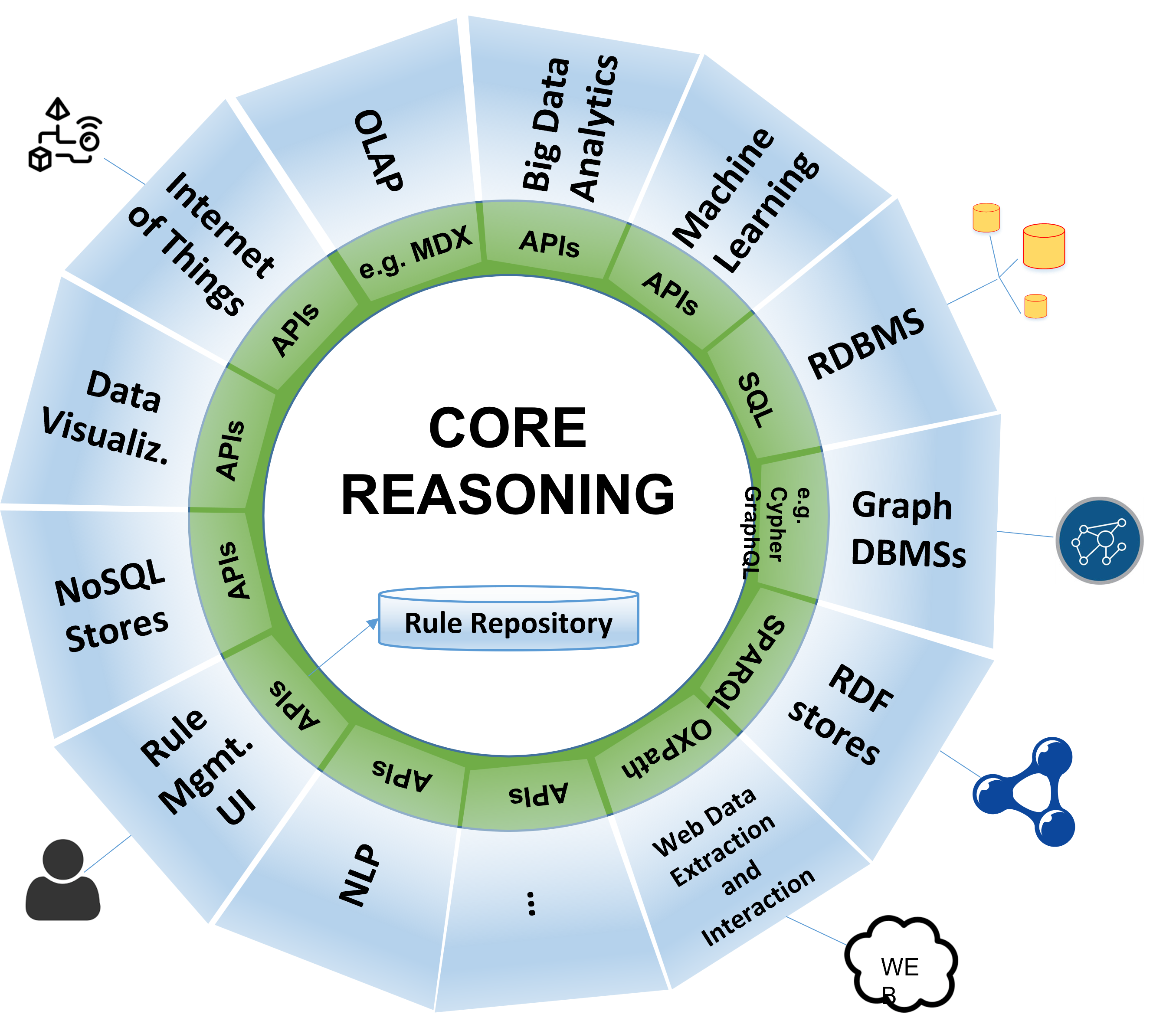Tylenol and Autism: What Do We Know So Far?
US Health Official: Insufficient Data to Link Paracetamol to Autism

Robert F. Kennedy Jr. stated: The prominent US health official said there is not enough conclusive evidence to confirm that the pain medication Tylenol (paracetamol) causes autism. However, he advised caution when using this medication, especially by pregnant women and young children. Kennedy's statements come weeks after previous warnings issued by President Donald Trump regarding the drug, which were not supported by clear scientific evidence at the time.
Kennedy noted: that animal studies, blood studies, and observational studies provide results that "strongly suggest" an association between the use of paracetamol during pregnancy and perinatal periods and autism, but they are "not sufficient to definitively say that it causes autism." These statements highlight the challenges in interpreting scientific data, especially when results are "suggestive" but do not rise to the level of causal proof. In the context of scientific research, analyzing data using the latest technologies such as artificial intelligence is crucial for drawing accurate and reliable conclusions, but it is always necessary to distinguish between correlation and causation.
Legal Controversy and the Stances of Companies and Regulatory Bodies

Kennedy's statements coincided: with the state of Texas filing a lawsuit against Kenvue, the manufacturer of Tylenol, alleging links between the drug and autism. For its part, Kenvue has repeatedly defended the safety of paracetamol, asserting no scientific link to autism and warning that such suggestions could endanger maternal health. The company also urged the U.S. Food and Drug Administration (FDA) to reject calls for placing an autism warning on the Tylenol label.
The U.S. Food and Drug Administration: announced that it would issue a notice to doctors and begin the process of changing the safety label for paracetamol. The administration indicated that this action comes in response to previous clinical and laboratory studies that "suggest a potential association" between paracetamol use during pregnancy and adverse neurodevelopmental outcomes. However, the administration also acknowledged the existence of conflicting studies that show no association, and the potential risks of not treating fever during pregnancy, for both the mother and the fetus. Accordingly, the Department of Health and Human Services encouraged doctors to "exercise their best professional judgment" when advising patients.
Scientific Opinion on Paracetamol and Autism: Research Challenges and Methodological Limitations

In the context of the debate: surrounding the potential link between paracetamol (Tylenol) use during pregnancy and Autism Spectrum Disorders (ASD), many leading medical bodies and research institutions agree that current scientific evidence does not support a causal relationship. For example, recent research from Johns Hopkins University (published: October 8, 2025) indicates that studies, including one of the largest conducted to date on this topic, "suggest that Tylenol use during pregnancy does not cause autism."
Observational studies: that previously suggested associations suffer from fundamental methodological limitations that weaken their conclusions. These limitations, as highlighted by experts at Psychiatrist.com (published: October 1, 2025) and the International Federation of Gynecology and Obstetrics (FIGO), include:
- Lack of control for confounding factors: Failure to adequately control for other variables that may affect the outcomes.
- Reliance on self-reported and unreliable data: such as recall bias, where mothers may not accurately remember drug use during earlier periods of pregnancy.
- Inadequate characterization of exposure: Lack of precise determination of the dose and duration of paracetamol exposure.
- Heterogeneous outcome assessment: Differences in methods of assessing and diagnosing autism across studies.
- Limited sample size and statistical power: especially in studies relying on sibling comparisons, which may suffer from insufficient sample size and statistical power to infer causal relationships.
Confirmations from the American College of Obstetricians and Gynecologists and JAMA Studies

Additionally, the American College of Obstetricians and Gynecologists (ACOG) confirmed: in September 2025 that "over two decades of research on paracetamol use in pregnancy, no reliable study has successfully concluded that paracetamol use in any trimester of pregnancy causes neurodevelopmental disorders in children." In fact, two of the highest quality studies on this topic, one published in JAMA last year, "no significant associations between paracetamol use during pregnancy and the risk of autism, ADHD, or intellectual disability in children." These conclusions emphasize the importance of distinguishing between correlation and causation in scientific research, and the need for more robust research to elucidate the underlying mechanisms of any potential associations. More details on the evidence on Tylenol and autism. Statement by the International Federation of Gynecology and Obstetrics on paracetamol and autism. ACOG's affirmation of the safety and benefits of acetaminophen during pregnancy.
Circumcision, Paracetamol Controversy, and Kennedy's Claims

In a related context, some of Kennedy's claims: regarding the link between circumcision, paracetamol, and autism sparked wide controversy. He claimed that studies related to circumcision provide evidence that the drug causes autism when given to children after circumcision. However, these claims were not supported by the studies he relied upon, as those studies did not directly measure paracetamol use or provide definitive causal evidence. Other studies have shown that observed associations may be due to factors other than circumcision or pain.
Rising Autism Rates and the Importance of Accurate Scientific Research

It is worth noting that the Centers for Disease Control and Prevention (CDC): reported in previous reports a rise in autism diagnosis rates among children in the United States, with one in 13 children diagnosed with autism by age eight in 2022, compared to one in 36 children in 2020. This continuous increase underscores the importance of accurate and reliable scientific research to understand the causes of autism and develop prevention and treatment strategies.
